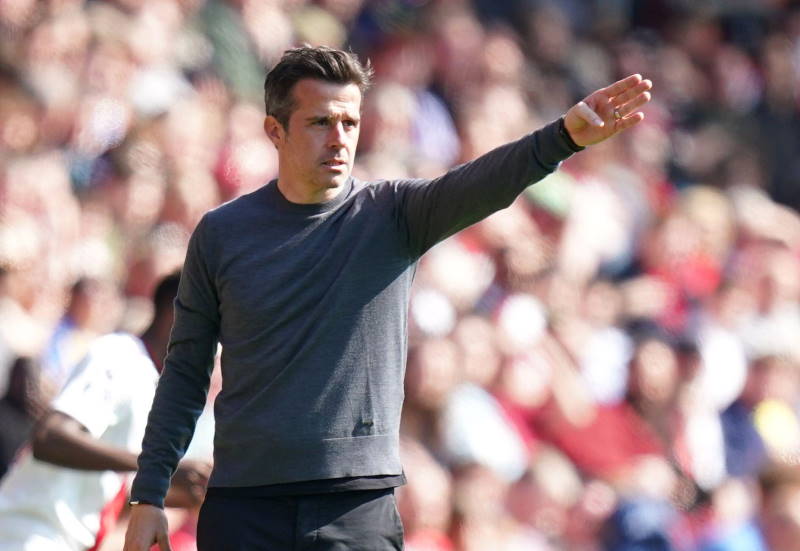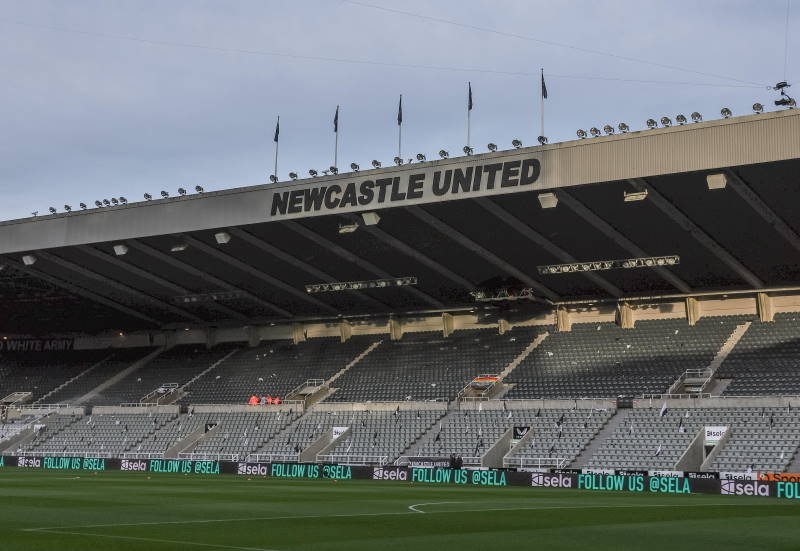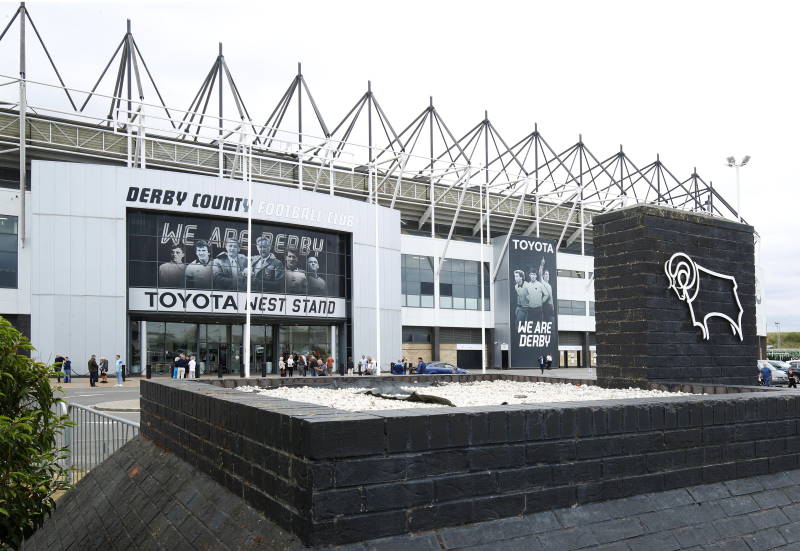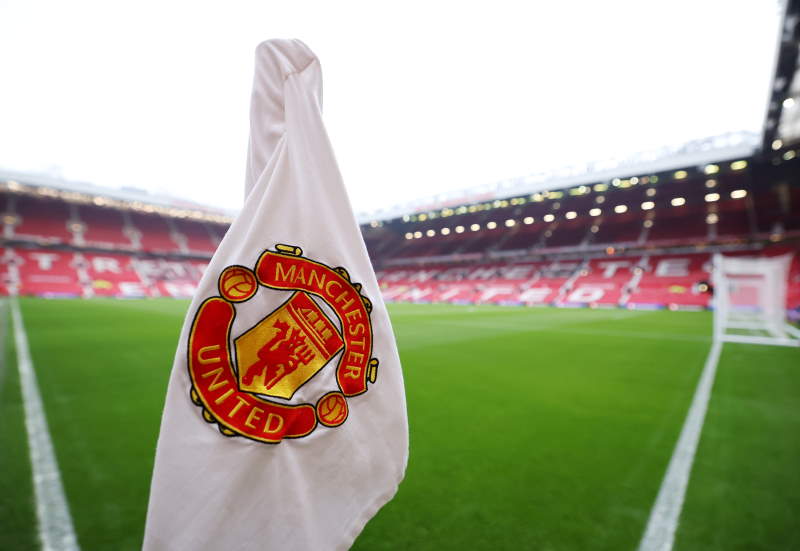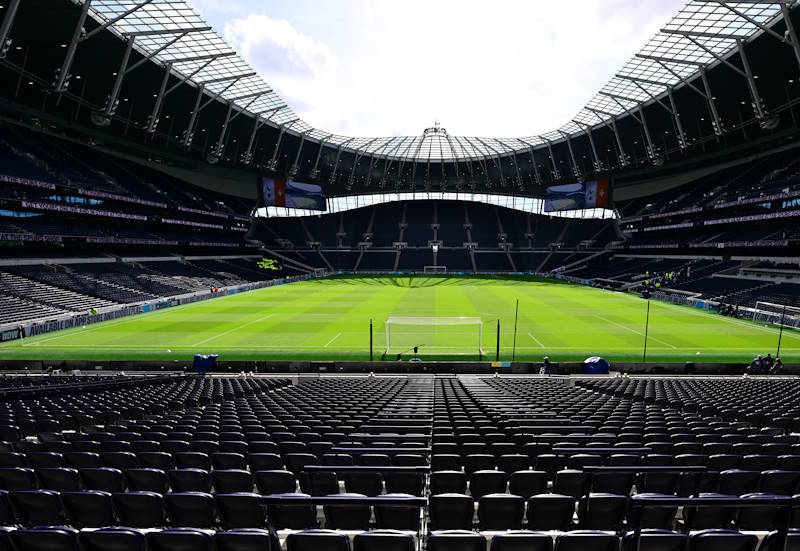
When a professional footballer makes an offensive comment towards one of his peers during the heat of battle which makes reference to that player’s skin colour, there is surely no doubt that a punishment should be handed out. Liverpool’s Luis Suarez must surely be reflecting on that now as he countenances the impact of the potential eight-game ban he will serve, pending appeal, for being found guilty by the English Football Association of using “insulting” words which made reference to Manchester United defender Patrice Evra’s skin colour.
Whilst criticism has been levelled at Liverpool for standing so vociferously behind Suarez, there has been almost no criticism of the FA or the length of the ban. There should be – while the Uruguayan has done wrong and deserves punishment, an eight-game ban is wholly disproportionate to the crime which has allegedly been committed. There is no debate about Suarez’ guilt, but much to be had about the punishment.
The sanction is effectively an attack on the outside world which, it is perceived just does not take racism anywhere near as seriously as the English. It is why it is so ironic, too, that the player at the receiving end of this ban is Uruguayan. The Copa America champions were the first nation to give a black player the opportunity to play in an international tournament, all the way back in 1916, when the United States still thought segregation was okay and much of Europe was about to marginalise their Jewish populations and stand by as Nazi Germany ethnically cleansed them, not to mention numerous other coloured minorities and gypsies. In the aftermath of the Second World War and this atrocity, the country which won the subsequent World Cup in 1950 was Uruguay, captained by Obdulio Varela, a player loved by Uruguayans and affectionately known as “El Negro Jefe,” which translates as ‘The Black Boss.’
This gives some perspective to the Uruguayan side of the argument. The country simply have little recent history of racism unlike their South American peers and most of the world, and therefore, barely any understanding of the English mentality towards the issue. The country has lined up behind their star striker, with Ernesto Irureta, the national sports director, commenting that the ban was “absurd, out of place and absolutely exaggerated.” Suarez’ international team-mate, Diego Lugano, has attacked Patrice Evra for breaking the codes of football and suggested that the ban had more to do with England’s historical problem with racism than the misdemeanour .
It is difficult to disagree with either approximation. In a country which has no historical problem with racism, and indeed one which led much of the world (England included) in developing inclusive practises and equal rights for those of any race, it is not unreasonable to suggest that there is mitigating context to what Suarez said. As Lugano points out, the English have a particular problem with racism, which is why the country has reacted the way it has. The English do not have such a problem with Germans, amongst others, otherwise surely Sir Alex Ferguson would have been charged similarly for his comments about “bloody Germans” live on television in the wake of Manchester United’s defeat to Bayern Munich a few years ago. The English also do not have problems with blonde people, or those who are overweight, which is why blonde jokes and remarks about weight are part of acceptable discourse.
Clark Carlisle, the chairman of the Professional Footballers’ Association, claims that cultural differences are no excuse for racism. He may be wrong in alleging Suarez is racist. Whilst the Liverpool man admits using the language Evra alleged, racism is as much about the intent as the words. In Suarez’ case the words were clearly racist, but the intent is not so easy to judge. This is not akin to a Russian player who has played his entire career in that country, where racism is endemic and a genuine problem. This is a Uruguayan who thinks calling someone black is no worse than calling someone blonde or fat. That cannot be swept aside as though irrelevant by Carlisle or anyone else.
For Uruguayans, without any such history, it is easy to understand how they might treat discussing skin colour in the same way that the English talk about hair colour or weight. It is not that the Uruguayans have yet to catch up with the rest of the world; they just have never had the problem. It does not make it right, that should be clear – and Suarez deserves a punishment for this reason. But it seems excessive to suspend the striker for eight games for this offence, when there does not appear to be any real malice behind it. Given that Suarez has admitted using a word which made reference to Evra’s skin colour, it begs the question – why has he not apologised? Probably because it was never intended as a racist slur; though obviously he should have realised it would be. It is hard to imagine Liverpool would not have forced him to apologise if there was real racist intent.
As with anything, it is probably more to do with politics than with the offence itself. For the FA, the case is a useful political football with which to aim at FIFA. Its president Sepp Blatter was chastised by the English recently for suggesting that racism should be settled with a handshake after a match. That, and the fact that FIFA did not hand England the World Cup in 2018 last year, and UEFA’s traditionally weak punishments for those countries who racially abuse English players, seem to be the motivating factors behind the length of Suarez’ ban.
Next time there is a similar incident elsewhere, the English precedent will put pressure on. That in itself is a good thing, but once more, there is no reason why this is achieved more with an eight-game suspension than one half that length. Suarez seems to have been punished as much because of politics and English insecurities about race as for the fact that he said something he clearly should not have.
Suarez should have known better, and the only way to punish the player effectively is to suspend him. A two, three or four game suspension might have seemed reasonable, and would have sent the same message while forcing club and player to think more about the errors committed rather than how to avoid the sanction. An eight-game ban is excessive and understandably has put both on the defensive and provided just reason to feel victimised.
Of course, it could turn out that Suarez is a closet racist caught in the act. But without any evidence of this, the Uruguayan deserves the benefit of the doubt. And whilst racism is a crime worth eight matches, and maybe more, naivety and idiocy is not.

